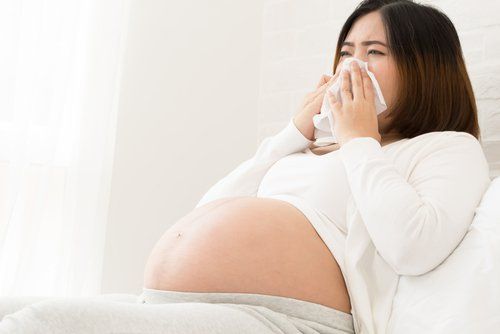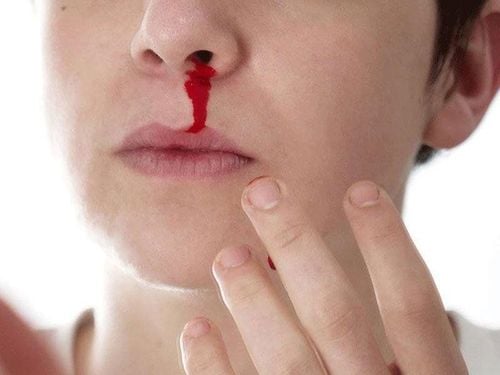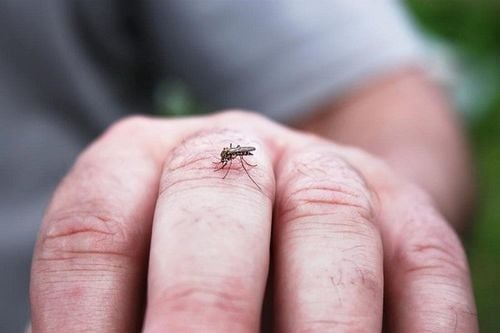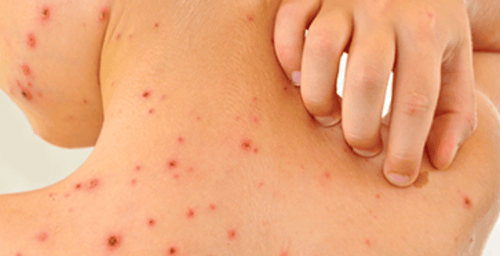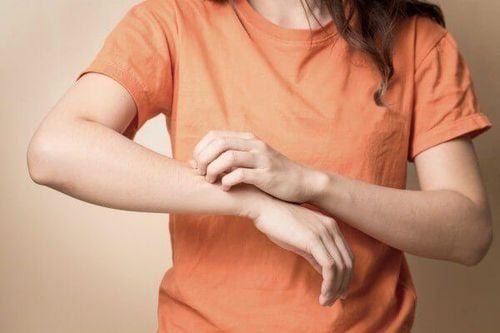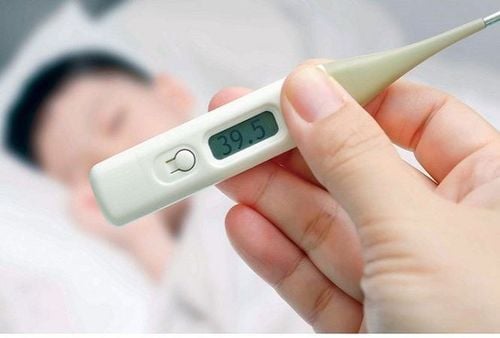The article is professionally consulted by MSc. BS - Head of the Department of Internal Medicine & Examination, Vinmec Hai Phong International General Hospital.
In recent weeks, Dengue fever has started to spread in some areas. Every year, during the rainy season, stagnant water leads to the outbreak of Dengue fever, threatening public health, especially children.
Dengue fever is an acute infectious disease caused by the Dengue virus transmitted by mosquitoes. Symptoms of Dengue fever usually include high fever, intermittent fever, sometimes accompanied by chills and goosebumps. The patient's body temperature can reach 39 - 40 degrees Celsius. If symptoms of Dengue fever are detected, it is necessary to immediately go to the hospital for examination and treatment. Additionally, patients should avoid the following to limit dangerous complications.
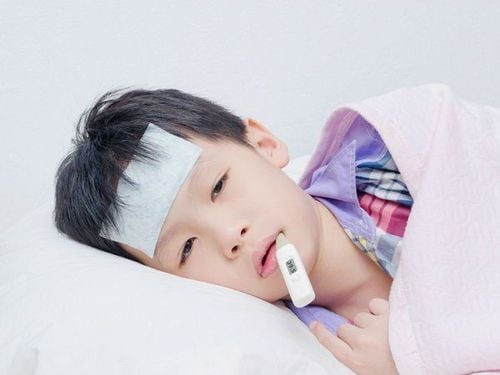
1. Things Not to Do When Having Dengue Fever
1.1. Do Not Self-Medicate with Fever Reducers
When the cause of the fever is not determined, do not self-medicate with antipyretics like aspirin or ibuprofen. These medications can worsen bleeding in Dengue fever patients, even causing severe gastric bleeding, which can be life-threatening.
Alternatively, fever can be managed using non-pharmacological methods. For example, have the patient wear light clothing, rest in a cool place, apply a warm towel to the forehead, and wipe off sweat. Fever reducers should only be used after a doctor's prescription. Additionally, do not perform traditional remedies like scraping or cupping.
1.2. Do Not Eat Foods with Dark Colors
When consuming foods or drinks with colors, the stool of Dengue fever patients can be stained dark. This makes it difficult to distinguish from stool mixed with blood in cases of gastrointestinal bleeding.
Sometimes, patients may vomit dark-colored substances, making it hard to tell if it is food or blood due to gastrointestinal bleeding.

1.3. Do Not Eat Eggs When Having Dengue Fever
Eggs can generate a large amount of heat stored in the patient's body. For Dengue fever patients, especially children, eating eggs can increase body temperature, making it difficult for the heat to dissipate, prolonging the fever. Therefore, eating eggs is not recommended when infected with the Dengue virus.
1.4. Do Not Drink Strong Tea, Coffee, Smoke, or Drink Alcohol
All these beverages contain caffeine, which stimulates the brain, increases blood pressure, causes rapid heartbeat, and makes the body more fatigued. Consuming strong tea during Dengue fever may interfere with the efficacy of certain antipyretics. Moreover, tea contains substances that increase body temperature, worsening the fever.
1.5. Do Not Eat Oily Foods
High-fat foods are a significant contributor to bloating and indigestion. This makes the patient's body sluggish, fatigued, and slows down recovery.
1.6. Do Not Consume Sugary Foods
Sugary drinks, sweets, honey, and foods containing sugar should be avoided. Excessive sugar intake may impair white blood cell function, reduce antibacterial efficacy, and delay recovery from Dengue fever.
1.7. Do Not Eat Spicy Foods
When infected with the Dengue virus, the patient's immune system is weakened, and energy is depleted. Consuming spicy foods can exacerbate fatigue, worsen symptoms, and hinder the recovery process.
1.8. Limit Mosquito Exposure to Skin
The cause of Dengue fever is mosquito transmission. If you are infected, you are likely in an outbreak area. Therefore, avoid mosquito contact with the skin to prevent further virus transmission and the risk of spreading the disease to others.
2. How Long After Dengue Fever Can You Bathe?
For Dengue fever patients, personal hygiene is essential when dealing with discomfort from fever and sweat. Additionally, Dengue fever does not resolve in just a few days. Therefore, many patients want to bathe to relieve hygiene needs. However, patients should be particularly cautious and avoid bathing, as it can worsen bleeding.

Bleeding symptoms can occur on the second or third day after Dengue virus infection. This condition lasts for several days, with severe cases lasting over two weeks. Bleeding can occur in the skin mucosa or various body parts. With such symptoms, patients should rest at home, avoid wind exposure, and not bathe in cold water. Personal hygiene should only be done by wiping the body with warm water, as cold water constricts blood vessels on the skin's surface but dilates internal organs' blood vessels, a cause of hemorrhage-related death.
During the rainy season, parents should proactively prevent mosquito bites for their children. Dengue fever prevention can be done by simple measures like sleeping under a mosquito net, wearing long-sleeved light-colored clothing, and eliminating stagnant water around the house.
Additionally, if a child shows signs of high fever (especially in the evening), fever that does not reduce with common antipyretics like paracetamol, red skin, rash, bloodshot eyes, vomiting, or other suspected Dengue fever symptoms, immediately take the child to a specialized hospital for timely examination and treatment. Do not self-treat at home.
To arrange an appointment, please call HOTLINE or make your reservation directly HERE. You may also download the MyVinmec app to schedule appointments faster and manage your reservations more conveniently.





